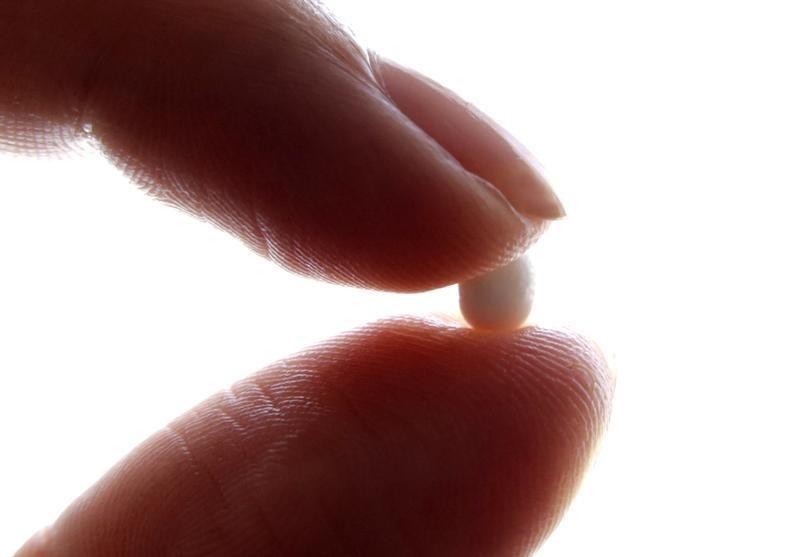
Give world’s poorest women control over sex, birth, to cut inequality: UN

A failure to give the world’s poorest women control over their bodies could widen inequality in developing countries and thwart progress towards global goals aimed at ending poverty by 2030, the United Nations Population Fund (UNFPA) said on Tuesday, Reuters reports.
Countless women and girls worldwide are denied a say in decisions about sex and childbirth, and struggle to access health services such as family planning, leaving them at risk of unwanted pregnancies and abortions, a UNFPA report said.
Access to birth control allows women to delay and space births, reducing mother and child deaths, boosts economies by freeing up women to work, and leads to smaller families with parents able to spend more on children’s health and education.
Many of the world’s poorest women – particularly the youngest, least educated and those living in rural areas – are missing out because such services are too few, too costly, or frowned upon by their families and communities, experts say, the report said.
As a result, there is a gender gap, inequality between the rich and the poor, which at the end leads to a weak economy.
Denying women access to reproductive health services may also undermine the U.N. Sustainable Development Goals (SDGs), a global plan to end poverty and inequality by 2030, the report said.
According to UNFPA’s executive director, Natalia Kanem, inequality today is not only about the haves and have nots … (it) is increasingly about the cans and cannots.
According to Kanem, poor women who are not in a position to decide the family size they want or or those in poor health due to inadequate reproductive health care dominate the ranks of cannots.
International donors pledged $270 million to help fill the funding gap at a summit on family planning in July.
The UNFPA says it still requires an extra $700 million by 2020, this according to the report.
According to UNFPA, at least 214 million women in developing nations cannot get access to contraceptives – resulting in 89 million unintended pregnancies and 48 million abortions each year.






